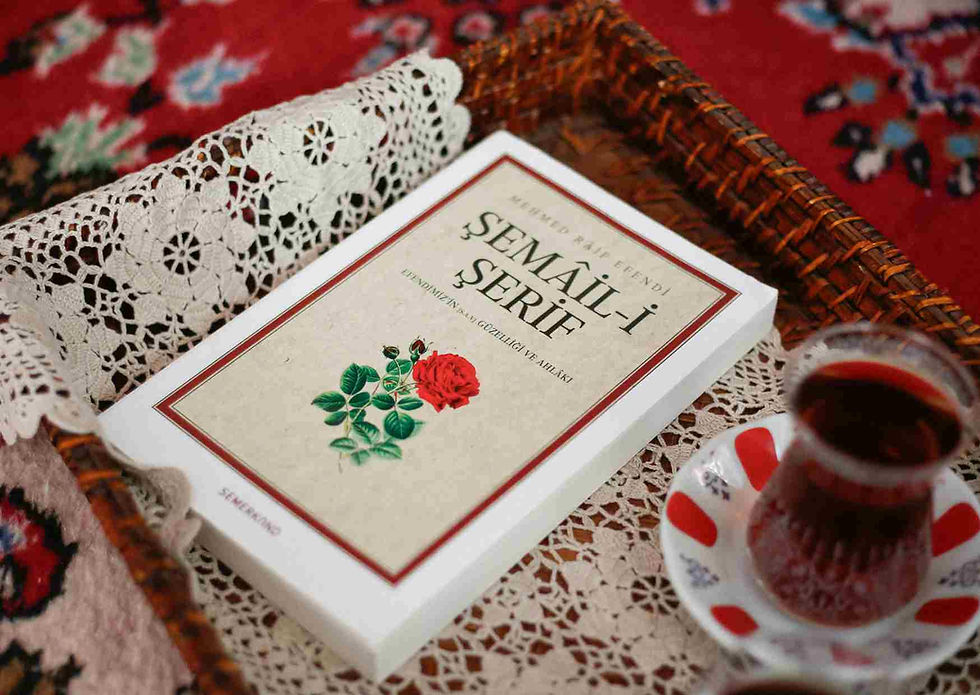"SHORT STORY COLLECTIONS - DIVING INTO BITE-SIZED FICTION": DE MODE OF LITERATURE
- DE MODE

- Feb 17, 2024
- 4 min read
ORIGINALLY PUBLISHED IN DE MODE | LITERATURE
Article Published on: 17TH FEB 2024 | www.demodemagazine.com
Short story collections represent literary treasure troves, offering readers a diverse array of narratives distilled into bite-sized fiction. Within the compact confines of each tale, authors wield language with precision, crafting worlds, characters, and emotions that resonate deeply with readers. These collections serve as portals into the vast landscapes of human experience, exploring themes ranging from love and loss to identity and the human condition. In the following exploration, we delve into the essence of short story collections, unraveling their significance, evolution, and enduring appeal.
Origins and Evolution
The lineage of short story collections traces back through literary history, with origins rooted in oral traditions and ancient folklore. From the allegorical fables of Aesop to the moralistic parables of the Brothers Grimm, storytelling has long served as a conduit for cultural transmission and communal engagement. As literature evolved, the short story emerged as a distinct form, finding prominence in the works of Edgar Allan Poe, Nathaniel Hawthorne, and Guy de Maupassant, among others.
Throughout the centuries, short story collections have evolved in form and content, reflecting shifts in society, culture, and narrative techniques. Modernist pioneers such as James Joyce and Virginia Woolf experimented with narrative structures, blurring the boundaries between reality and imagination. In the mid-20th century, writers like Flannery O'Connor and Raymond Carver captured the complexities of everyday life with stark realism and emotional depth.
Contemporary short story collections continue to push boundaries, embracing diverse voices, perspectives, and styles. Authors like Jhumpa Lahiri, George Saunders, and Chimamanda Ngozi Adichie illuminate the intricacies of human relationships, while emerging voices such as Carmen Maria Machado and Namwali Serpell challenge conventional storytelling norms, inviting readers into surreal and speculative realms.

Themes and Variations
Short story collections offer a kaleidoscope of themes and variations, reflecting the richness and diversity of human experience. From the haunting specters of memory and nostalgia to the luminous possibilities of hope and redemption, these narratives traverse the emotional spectrum with unparalleled depth and nuance.
Explorations of identity and belonging permeate many short story collections, grappling with questions of race, ethnicity, gender, sexuality, and class. Writers like Junot Díaz and ZZ Packer illuminate the complexities of cultural hybridity and diasporic experience, while others like Alice Munro and Lorrie Moore delve into the intimate intricacies of personal relationships and self-discovery.
The landscapes of short story collections are as varied as the human imagination itself, encompassing settings ranging from the mundane to the fantastical. Whether situated in bustling urban metropolises, bucolic rural landscapes, or otherworldly realms of speculative fiction, these stories transport readers to places both familiar and foreign, inviting them to explore the contours of the human psyche and the mysteries of existence.
Narrative Craftsmanship
At the heart of every compelling short story collection lies the artistry and craftsmanship of its creators. Through meticulous attention to detail, authors distill complex emotions and ideas into crystalline prose, creating narratives that resonate long after the final page has been turned.
The brevity of the short story form demands economy of language and precision of expression. Every word, every sentence, carries weight and significance, contributing to the overall impact and resonance of the narrative. Through evocative imagery, vivid sensory detail, and deftly drawn characters, writers forge intimate connections with readers, inviting them to inhabit the worlds they have created.
Structurally, short story collections offer a diverse array of narrative frameworks and devices. Some collections unfold as interconnected webs of stories, each building upon and enriching the themes and motifs of its predecessors. Others stand alone as discrete entities, offering snapshots of human experience that linger in the imagination long after the final sentence has been read.

Reader Engagement and Interpretation
The inherently open-ended nature of short stories invites readers to actively engage with the text, interpreting and reinterpreting its meanings through the lens of their own experiences and perspectives. Each story serves as a canvas upon which readers project their own emotions, memories, and desires, forging deeply personal connections with the characters and themes.
The brevity and immediacy of short stories make them ideal for contemporary readers navigating increasingly fragmented and fast-paced lifestyles. In a world characterized by constant distractions and competing demands for attention, short story collections offer moments of respite and reflection, allowing readers to immerse themselves in fully realized worlds in the space of a single sitting.
Conclusion
In conclusion, short story collections represent a unique and enduring form of literary expression, offering readers a gateway into the rich tapestry of human experience. Across centuries and continents, writers have crafted narratives that illuminate the complexities of the human condition, inviting readers to explore the depths of emotion, imagination, and empathy.
In the evocative landscapes of short story collections, readers discover echoes of their own joys and sorrows, fears and aspirations. Through the power of language and narrative, authors forge connections that transcend time and space, inviting readers to embark on journeys of discovery and self-reflection.

As the literary landscape continues to evolve, short story collections remain a vital and vibrant cornerstone of contemporary literature, celebrating the boundless possibilities of the imagination and the enduring power of storytelling. In the intimate spaces between the lines, readers discover the transformative magic of literature, finding solace, inspiration, and connection in the luminous worlds of the short story.



Comments